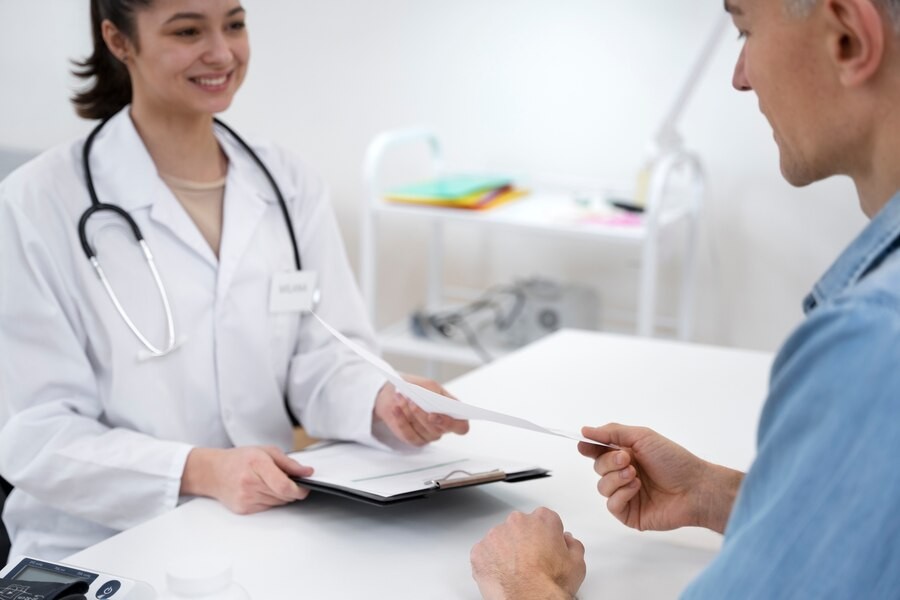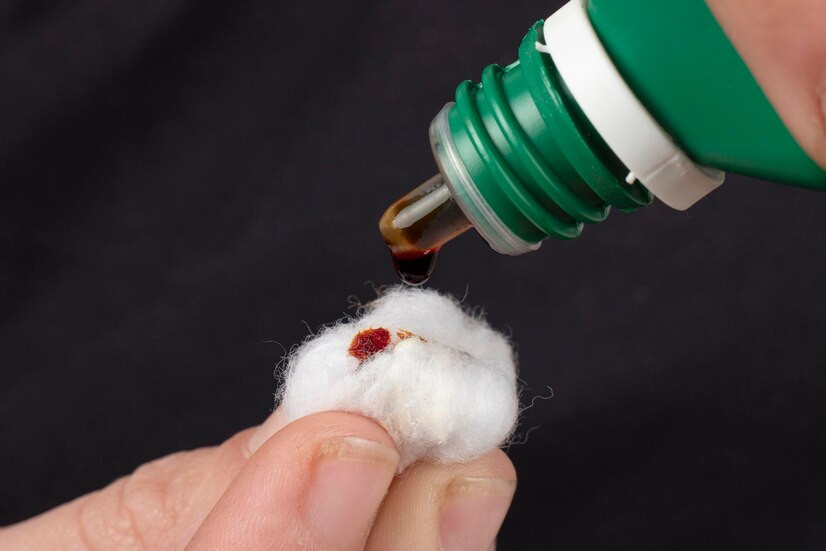Berciuman adalah salah satu cara manusia untuk mengungkapkan kasih sayang, keintiman, dan cinta. Aktivitas ini tidak hanya menyenangkan, namun juga memiliki beberapa manfaat dan risiko kesehatan.
Manfaat Berciuman bagi Kesehatan
Meredakan stres
Berciuman melepaskan bahan kimia di otak seperti serotonin dan dopamin yang dapat mengurangi tingkat stres dan membuat Anda merasa lebih baik.
Mengurangi kecemasan
Berciuman membantu menurunkan stres serta mengurangi kecemasan.
Meningkatkan harga diri
Berciuman dapat menurunkan kadar kortisol di otak serta membantu merasa lebih baik tentang diri sendiri sehingga meningkatkan harga diri.
Ikatan emosional
Ciuman memicu pelepasan hormon oksitosin yang dikaitkan dengan perasaan sayang dan keterikatan. Ini dapat membantu membina hubungan jangka panjang yang sehat.
Baca Juga: Kiss of Deaf, Risiko Hilangnya Pendengaran Permanen Akibat Ciuman
Menurunkan tekanan darah
Berciuman dapat meningkatkan detak jantung, melebarkan pembuluh darah, dan meningkatkan aliran darah. Pada gilirannya ini dapat menurunkan tekanan darah.
Meredakan sakit kepala
Dengan melebarnya pembuluh darah, maka berciuman dapat membantu meredakan sakit kepala akibat stres.
Meredakan kram menstruasi
Peningkatan aliran darah dan penurunan stres akibat berciuman dapat membantu meredakan kram menstruasi dan gejala siklus menstruasi lainnya.
Meningkatkan sistem kekebalan tubuh
Selain dapat meningkatkan ikatan emosional, oksitosin juga dapat mencegah efek buruk kortisol pada tubuh dan meningkatkan fungsi kekebalan tubuh dalam melawan infeksi.
Mengurangi respons alergi
Karena stres dapat memperburuk respons alergi, maka berciuman dapat membantu mengurangi reaksi alergi dengan mengurangi stres yang terjadi.
Membuat kulit tampak lebih bercahaya
Berciuman dapat meningkatkan aliran darah ke kulit. Peningkatan aliran darah ini tidak hanya membuat kulit menjadi merona, tetapi juga dapat menstrimulasi produksi kolagen dan elastin, suatu protein yang dapat menutrisi kulit.
Latihan wajah
Berciuman melibatkan penggunaan 24 otot wajah, yang dapat menjadi latihan yang baik dan membantu mengencangkan otot wajah.
Meningkatkan gairah seks
Berciuman merupakan bagian penting dari foreplay, yang dapat meningkatkan gairah dan menjadikan pengalaman seks yang lebih berharga.
Risiko Kesehatan di Balik Berciuman
Walaupun menawarkan banyak manfaat kesehatan, tetapi berciuman juga memiliki potensi risiko penularan penyakit yang disebabkan oleh bakteri maupun virus.
Beberapa infeksi virus yang bisa menular melalui ciuman, di antaranya:
- Rhinovirus yang menyebabkan pilek dan infeksi saluran pernapasan atas lainnya
- Epstein-Barr yang menyebabkan penyakit mono
- Infeksi herpes simpleks (HSV-1 dan HSV-2) yang menyebabkan penyakit herpes
- Varicella Zoster yang menyebabkan cacar air
- Hepatitis B yang menyebabkan hepatitis
- Human Papillomavirus (HPV) yang menyebabkan kutil kelamin
Infeksi bakteri yang bisa menular melalui ciuman, di antaranya:
- Neisseria meningitidis yang menyebabkan penyakit meningokokus
- Streptococcus mutans yang menyebabkan kerusakan gigi
Baca Juga: Penyakit yang Mungkin Dialami Anak Karena Dicium
Tips Mengurangi Risiko Penularan Virus dan Bakteri saat Berciuman
Untuk menghindari risiko kesehatan yang tidak diinginkan saat berciuman, berikut adalah beberapa tips yang bisa diikuti:
- Menjaga kesehatan dan menghindari berciuman saat menderita infeksi virus seperti pilek atau flu
- Menghindari kontak dengan air liur orang yang sedang menderita penyakit menular atau memiliki luka terbuka di mulut
- Mewaspadai tanda-tanda infeksi seperti demam, pilek, atau sakit tenggorokan
- Menghindari berciuman dengan orang yang tidak dikenal atau memiliki banyak pasangan seksual
- Menyikat gigi secara teratur untuk mengurangi jumlah bakteri di dalam mulut
- Selalu menjaga kebersihan diri, terutama menjaga kebersihan mulut dan tangan
Selain langkah-langkah di atas jangan lupa untuk melakukan pemeriksaan kesehatan rutin. Langkah ini sangat penting untuk menjaga kesehatan diri dan pasangan serta mendeteksi dini adanya penyakit menular.
Memiliki pertanyaan lain seputar infeksi virus dan bakteri yang dapat menular melalui kontak langsung? Anda bisa memanfaatkan layanan konsultasi kesehatan dengan mengunduh aplikasi Ai Care melalui App Store atau Play Store.
Mau tahu informasi seputar penyakit lainnya? Cek di sini, ya!
- dr Nadia Opmalina
Better Health Channel. Kissing and your health. Available from: https://www.betterhealth.vic.gov.au/health/conditionsandtreatments/kissing-and-your-health
Jeanie Lerche Davis. What's So Great About Kissing?. Available from: https://www.webmd.com/sex-relationships/features/kissing-benefits
Jennifer Huizen (2023). Which STDs can you get from kissing?. Available from: https://www.medicalnewstoday.com/articles/can-you-get-an-std-from-kissing
Korin Miller (2023). Can You Get an STI From Kissing? Here's What You Should Know. Available from: https://www.health.com/condition/sexual-health/can-you-get-std-from-kissing
Dr. Jasmine Shaikh, MD. Why Is Kissing Important? 16 Health Benefits of Kissing. Available from: https://www.medicinenet.com/why_is_kissing_important/article.htm
Cleveland Clinic (2022). Dopamine. Available from: https://my.clevelandclinic.org/health/articles/22581-dopamine












